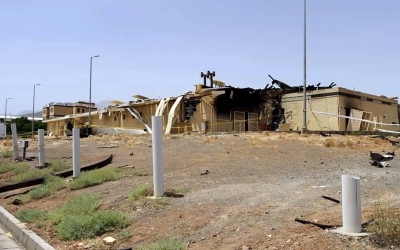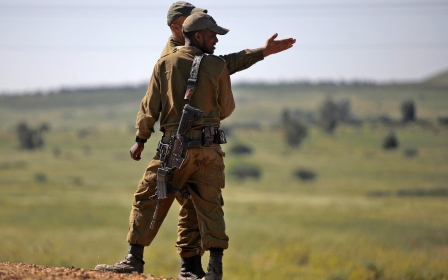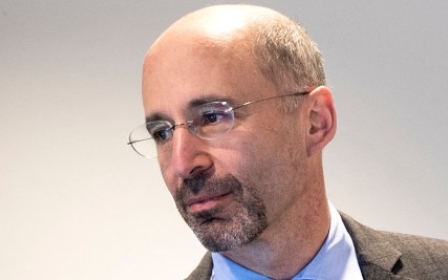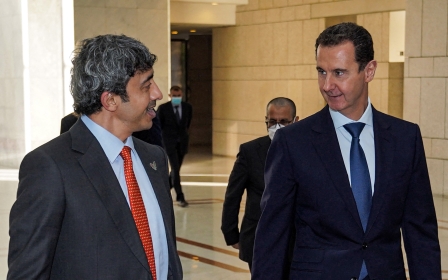US military 'prepared' if Iran nuclear talks fail
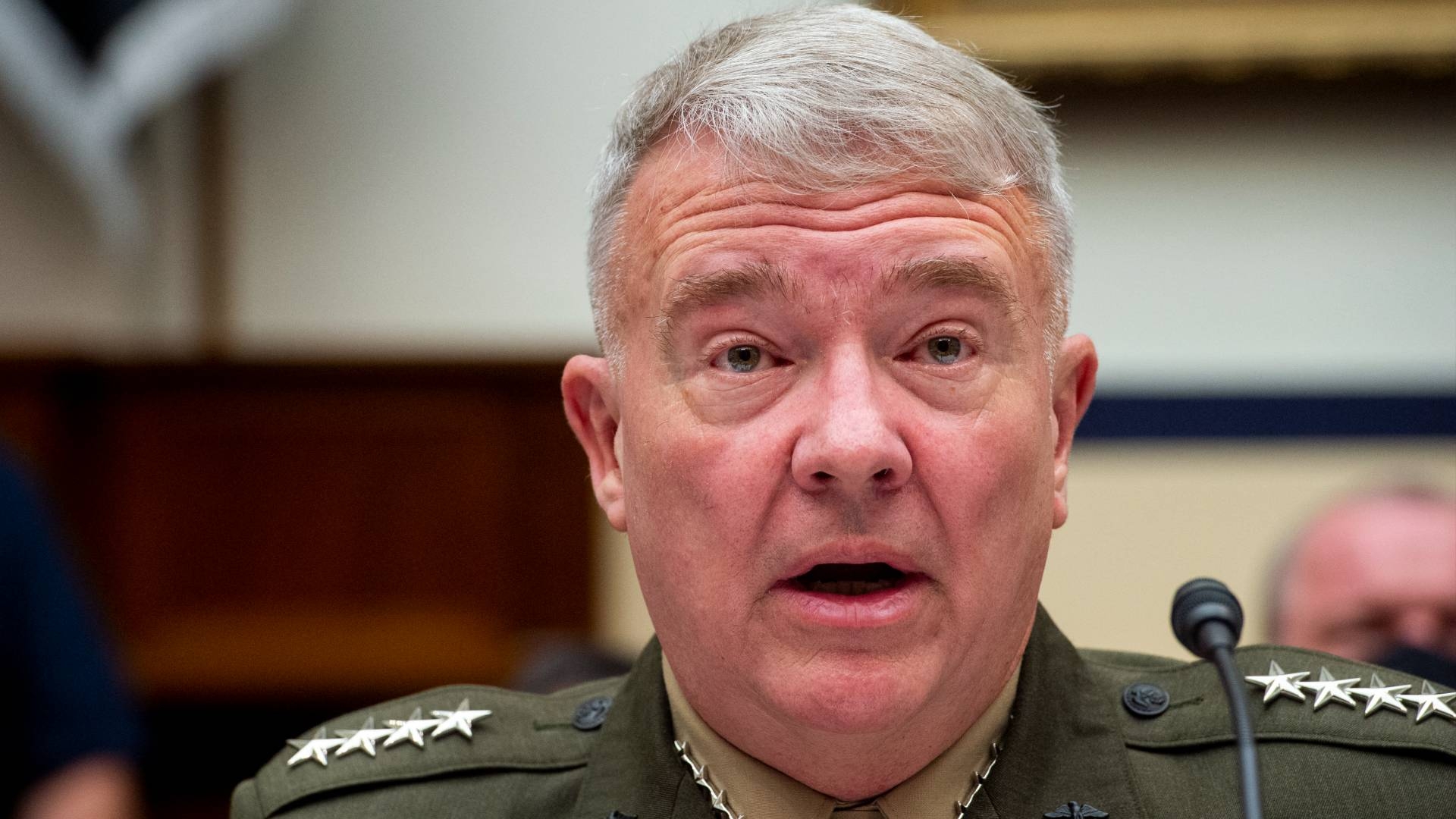
The head of US Central Command said on Wednesday that, while the administration of US President Joe Biden is seeking a return to the Iran nuclear deal, Washington is prepared for military action if talks with Tehran fail.
"Our president said they’re not going to have a nuclear weapon," General Kenneth McKenzie told Time magazine.
"The diplomats are in the lead on this, but Central Command always has a variety of plans that we could execute, if directed."
Still, the military commander told the magazine that the administration "made a conscious decision to work this through diplomatic channels", and that a negotiated deal with Tehran is a better way at approaching Iran's nuclear programme "from a collective perspective".
The next round of indirect negotiations over a return to the nuclear deal, also known as the Joint Comprehensive Plan of Action (JCPOA), will begin next Monday, after the talks took a pause in June due to Iran's presidential elections.
Biden's administration has been seeking a return to the accord that his predecessor Donald Trump left in 2018. After departing from the deal, the Trump administration re-imposed a series of punishing sanctions on Iran.
Iran has said that, in order for the talks to succeed, the US must agree never to abandon the deal and must also lift all sanctions on the Islamic Republic.
Washington has, however, maintained that it could only lift some sanctions, leaving hundreds of additional sanctions relating to Tehran's "destabilising" behaviour that would likely remain.
Robert Malley, the US special envoy for Iran, previously said Washington would consider other options if a deal could not be reached.
Still, The New York Times reported on Sunday that many of Biden's advisers were doubtful that introducing new sanctions would be successful in pressuring Iran to change course.
Iran nuclear activities
After the US left the nuclear accord, Iran continued to abide by the agreement - but since 2019 has reduced its commitments.
The country is enriching uranium up to 60 percent and also is employing advanced centrifuges, according to the International Atomic Energy Association (IAEA), the United Nations' nuclear watchdog.
The agency said in its confidential quarterly report that Iran had an estimated stock of 17.7 kilograms (39 pounds) of uranium enriched to up to 60 percent fissile purity, up from the previously reported 10 kilograms (22 pounds).
General McKenzie said he believed Iran was "very close this time" to developing a nuclear weapon. Tehran, however, has repeatedly denied it is seeking to build an atomic bomb and says its nuclear programme is intended for peaceful purposes.
Rafael Grossi, head of the IAEA, said talks with Iranian officials this week were ultimately inconclusive, as the sides could not agree on access to a centrifuge parts production site in Karaj, which was hit by a sabotage attack in June that Iran blamed on Israel.
Middle East Eye delivers independent and unrivalled coverage and analysis of the Middle East, North Africa and beyond. To learn more about republishing this content and the associated fees, please fill out this form. More about MEE can be found here.


